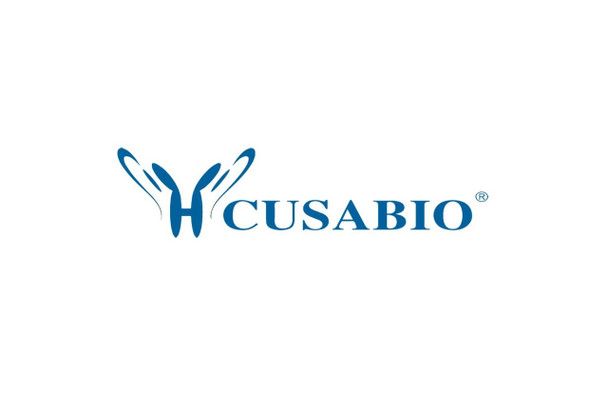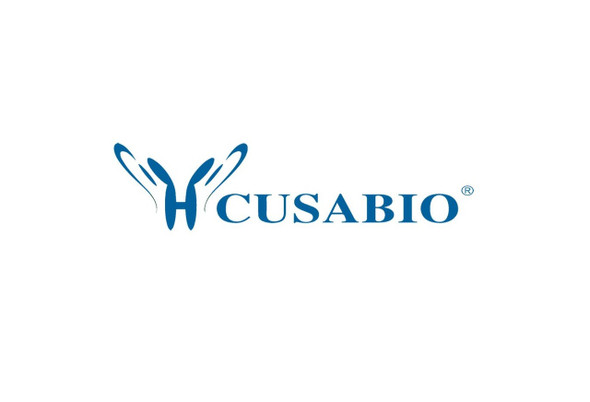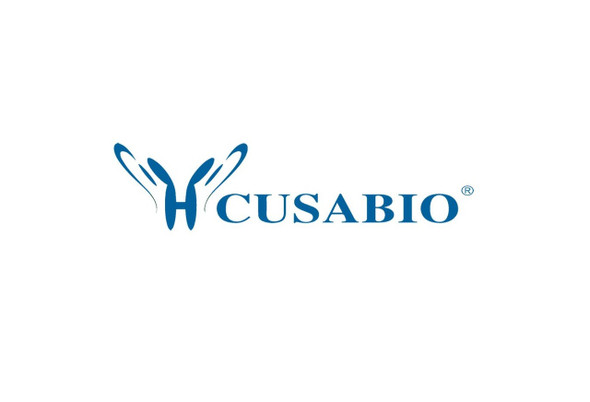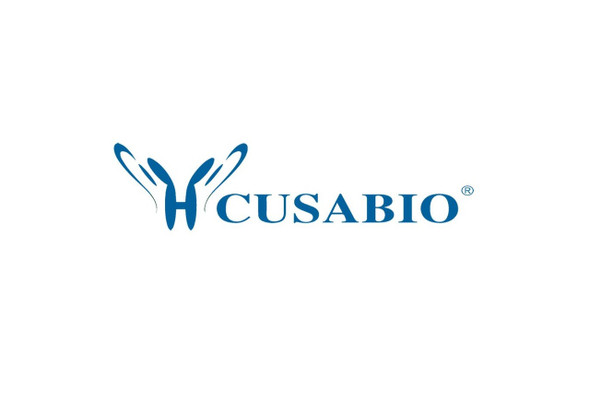Cusabio Mouse Recombinants
Recombinant Mouse Pyridoxal phosphate phosphatase (Pdxp) | CSB-EP017749MO
- SKU:
- CSB-EP017749MO
- Availability:
- 3 - 7 Working Days
Description
Recombinant Mouse Pyridoxal phosphate phosphatase (Pdxp) | CSB-EP017749MO | Cusabio
Alternative Name(s): PLP phosphatase Alternative name(s): Chronophin
Gene Names: Pdxp
Research Areas: Signal Transduction
Organism: Mus musculus (Mouse)
AA Sequence: MARCERLRGAALRDVLGQAQGVLFDCDGVLWNGERIVPGAPELLQRLARAGKNTLFVSNNSRRARPELALRFARLGFAGLRAEQLFSSALCAARLLRQRLSGPPDASGAVFVLGGEGLRAELRAAGLRLAGDPGEDPRVRAVLVGYDEQFSFSRLTEACAHLRDPDCLLVATDRDPWHPLSDGSRTPGTGSLAAAVETASGRQALVVGKPSPYMFQCITEDFSVDPARTLMVGDRLETDILFGHRCGMTTVLTLTGVSSLEEAQAYLTAGQRDLVPHYYVESIADLMEGLED
Source: E.coli
Tag Info: N-terminal 6xHis-SUMO-tagged
Expression Region: 1-292aa
Sequence Info: Full Length
MW: 47.5 kDa
Purity: Greater than 90% as determined by SDS-PAGE.
Relevance: Protein serine phosphatase that dephosphorylates 'Ser-3' in cofilin and probably also dephosphorylates phospho-serine residues in DSTN. Regulates cofilin-dependent actin cytoskeleton reorganization. Required for normal progress through mitosis and normal cytokinesis (By similarity). Does not dephosphorylate phospho-threonines in LIMK1. Does not dephosphorylate peptides containing phospho-tyrosine. Pyridoxal phosphate phosphatase. Has some activity towards pyridoxal 5'-phosphate (PLP), pyridoxine 5'-phosphate (PMP) and pyridoxine 5'-phosphate (PNP), with a highest activity with PLP followed by PNP.
Reference: "Evolutionary and structural analyses of the mammalian haloacid dehalogenase-type phosphatases AUM and chronophin provide insight into the basis of their different substrate specificities."Seifried A., Knobloch G., Duraphe P.S., Segerer G., Manhard J., Schindelin H., Schultz J., Gohla A.J. Biol. Chem. 289:3416-3431(2014).
Storage: The shelf life is related to many factors, storage state, buffer ingredients, storage temperature and the stability of the protein itself. Generally, the shelf life of liquid form is 6 months at -20?/-80?. The shelf life of lyophilized form is 12 months at -20?/-80?.
Notes: Repeated freezing and thawing is not recommended. Store working aliquots at 4? for up to one week.
Function: Protein serine phosphatase that dephosphorylates 'Ser-3' in cofilin and probably also dephosphorylates phospho-serine residues in DSTN. Regulates cofilin-dependent actin cytoskeleton reorganization. Required for normal progress through mitosis and normal cytokinesis. Does not dephosphorylate phospho-threonines in LIMK1. Does not dephosphorylate peptides containing phospho-tyrosine (By similarity). Pyridoxal phosphate (PLP) phosphatase, which also catalyzes the dephosphorylation of pyridoxine 5'-phosphate (PNP) and pyridoxamine 5'-phosphate (PMP), with order of substrate preference PLP > PNP > PMP (By similarity)
Involvement in disease:
Subcellular Location: Cytoplasm, cytosol, Cytoplasm, cytoskeleton, Cell projection, ruffle membrane, Peripheral membrane protein, Cytoplasmic side, Cell projection, lamellipodium membrane, Peripheral membrane protein, Cytoplasmic side, Cell membrane, Peripheral membrane protein, Cytoplasmic side
Protein Families: HAD-like hydrolase superfamily
Tissue Specificity: Ubiquitous. highly expressed in brain (at protein level).
Paythway:
Form: Liquid or Lyophilized powder
Buffer: If the delivery form is liquid, the default storage buffer is Tris/PBS-based buffer, 5%-50% glycerol. If the delivery form is lyophilized powder, the buffer before lyophilization is Tris/PBS-based buffer, 6% Trehalose, pH 8.0.
Reconstitution: We recommend that this vial be briefly centrifuged prior to opening to bring the contents to the bottom. Please reconstitute protein in deionized sterile water to a concentration of 0.1-1.0 mg/mL.We recommend to add 5-50% of glycerol (final concentration) and aliquot for long-term storage at -20?/-80?. Our default final concentration of glycerol is 50%. Customers could use it as reference.
Uniprot ID: P60487
HGNC Database Link: N/A
UniGene Database Link: UniGene
KEGG Database Link: KEGG
STRING Database Link: STRING
OMIM Database Link: N/A









